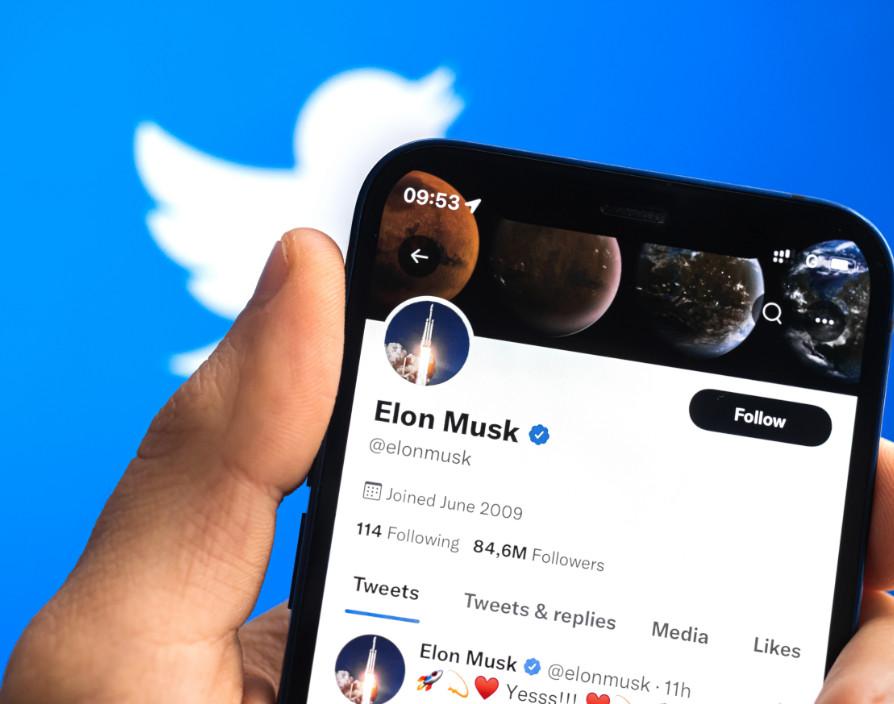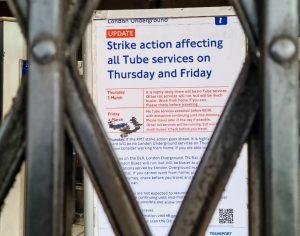Elon Musk’s recent poll on Twitter is far from a cry for publicity, but a blueprint for the crisis he has created at the social media giant – replicating what he did at Tesla and SpaceX. Musk has developed a formula for managing these companies through uncertain times, utilising shock treatment and alarmism that creates a culture of uniformity.
As with his previous companies facing difficulties, he has placed 50% of Twitter’s 7,500 employees at risk of redundancy and, as he has famously done previously, is now sleeping at Twitter’s offices in San Francisco. Informing Twitter’s workers that the company could go bankrupt if he wasn’t able to turn it around is the kind of mission-driven language that he has used previously to instigate innovation and change.
Achieving this cultural shift at Twitter will be more difficult as workers there are motivated by a different ethos, in comparison to those galvanised workers wanting to move consumers away from traditional powered cars or to populate other planets.
The cultural impact of driving change
Musk’s tactic has been to literally transform the workforce rather than the culture itself, which can be an easier method of changing organisational culture. When there has been a high labour turnover and undercurrent of job losses, leaders know that workers will ‘toe the line’ and eventually, despite initial resistance, conform to the overall mission.
But what is the purpose of these changes at Twitter? Mainly to transform the systems, structures and processes within the company. This usually implies a radical change in strategy which determines how responsibilities, behaviours, skills or ways of working are going to be redefined.
Research has found that more than a third of applicants would decline a job offer if the corporate culture wasn’t the right fit, even if the role was perfect. While 73% of workers say they have left a job because of poor cultural fit. Further data has also highlighted disheartened workers are 10% less productive and a culture that attracts high-calibre employees leads to a 33% revenue increase, showing a clear correlation between culture and profits.
It can take a number of years to modify people’s behaviours and when an organisation possesses an old, powerful culture then it can descend into disaster. The other issue with organisational change is that attracting and retaining good employees is the most critical competitive advantage an organisation can have, which could affect the change negatively if not carried out effectively.
A Twitter culture revolution or the beginning of the end for the social media giant?
Musk is trying to modify a culture by getting workers to buy in to his thinking which, if he fails, could affect his $44 billion investment. As a successful entrepreneur, and one of the world’s richest men, it’s hard to believe he plans to destroy Twitter – and given time, his plan may work. The plan however may not involve him being CEO with the idea of stepping down as Chief Executive being hinted at long before his Twitter poll was posted.
Therefore, although it’s clear that Musk intends to influence a Twitter culture revolution, what’s less obvious is how much harm his approach will wreak on the company in the long term.
Musk knows what kind of culture he wants and is fashioning it in his own style. And while it may push lots of workers away, it could also draw other types of talent to the company.
A culture shock was to be expected at Twitter, as this was Musk’s way of pushing the initial reset button and the collateral damage will not be permanent. What he does however have to be mindful of, is the culture within Twitter is far more low-key with a politically progressive and pro-social vibe.
While he has previously driven cultural change hard at Neuralink, Tesla and Solar City, it’s worth highlighting these are companies with technologies that were on the frontier with a highly committed workforce. Twitter employees will not be impressed with the huge layoffs, combined with a fast, demanding culture of coercion subject to the whims of a unique leader. This may well be Elon Musk’s greatest mission yet.





